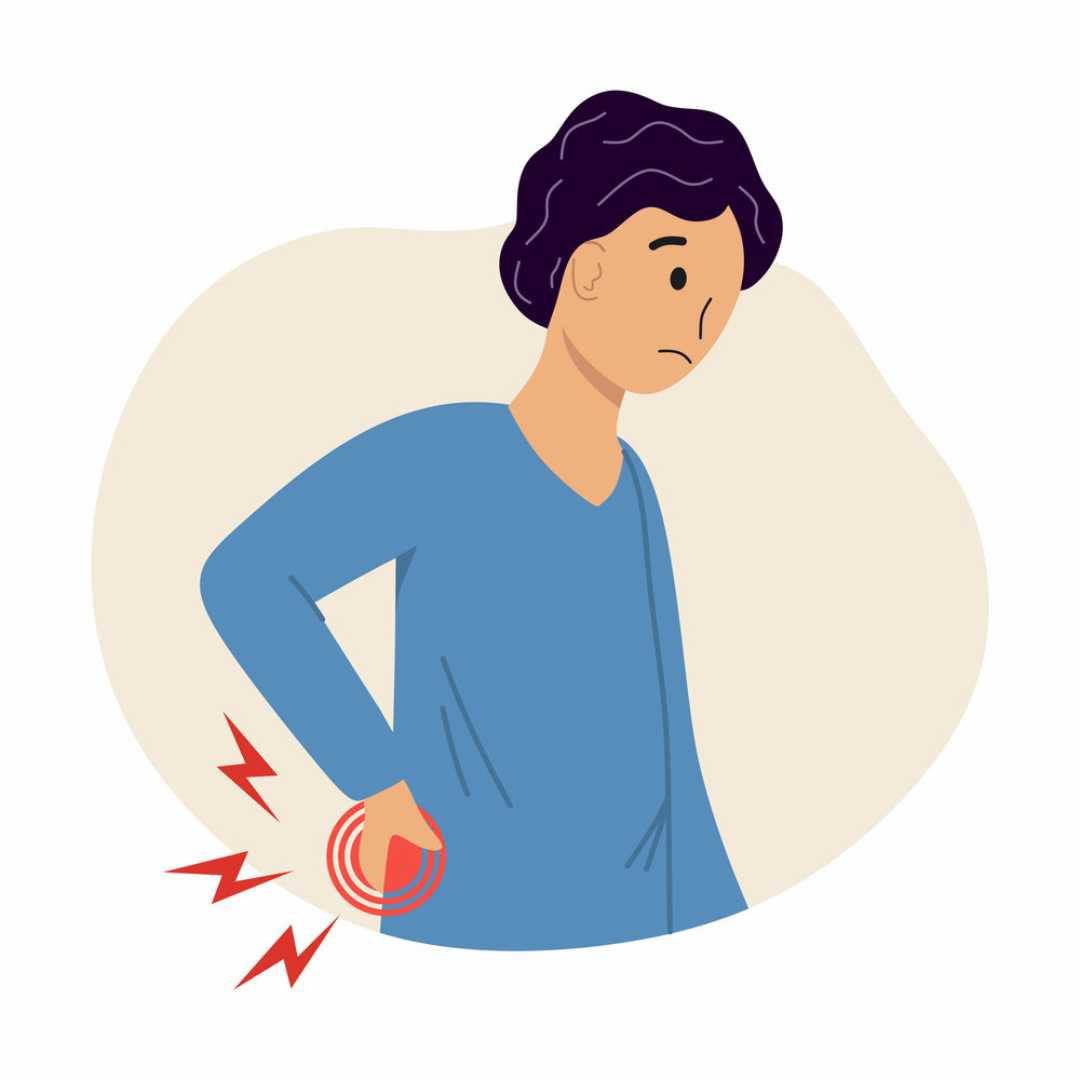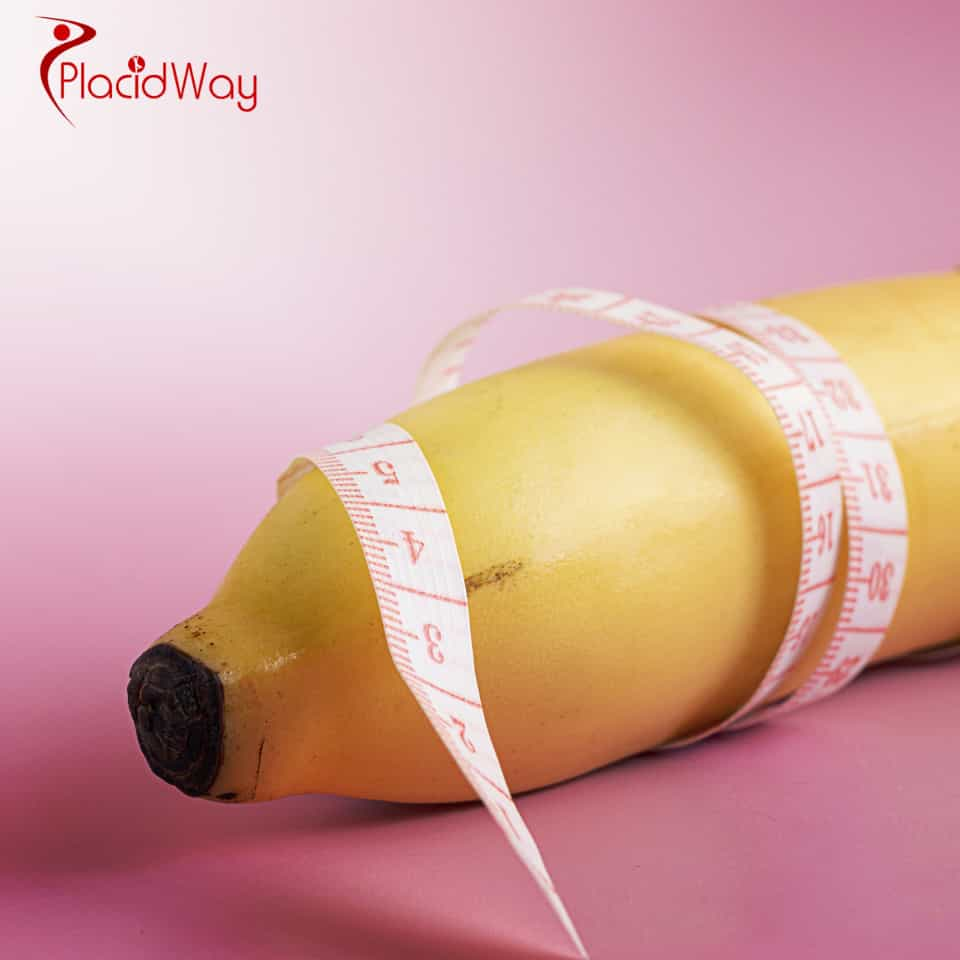Why Choose Germany for a Vasectomy?

Deciding to have a vasectomy is a significant life choice, and for many men, it's about taking control of their reproductive health. Germany, known for its world-class healthcare system, is a popular choice for medical procedures. However, the process for getting a vasectomy there, especially for those who are not familiar with the German healthcare system, can come with a few surprises. It's not just a simple appointment; it's a decision that requires careful consideration of costs, insurance, and the long-term commitment it entails.
Many men who have gone through the process in Germany often reflect on certain details they wish they had known beforehand, from the financial aspects to the recovery period and the importance of follow-up care. This blog post aims to provide a clear and comprehensive guide to these often-overlooked details, helping you feel fully prepared and confident about your decision. We will answer the most common questions people have, from the practicalities of a vasectomy in Germany to the personal experience of recovery and beyond.
How much does a vasectomy cost in Germany and is it covered by insurance?
One of the most common misconceptions about getting a vasectomy in Germany is that it will be covered by health insurance. Unlike a procedure performed for a medical necessity, a vasectomy is an elective form of contraception. Therefore, you should be prepared to pay for the entire cost out of pocket.
The price can vary depending on the urologist and the clinic. The total cost usually includes the preliminary consultation, the procedure itself, and the necessary follow-up examinations (spermiograms) to confirm success. When you contact a clinic, be sure to ask for a detailed cost breakdown to avoid any hidden fees. This transparency is a crucial part of the German medical system, but you need to ask the right questions.
While a vasectomy is not covered, some private insurance plans may offer a partial reimbursement, but this is rare. It is essential to check with your specific health insurance provider before making an appointment to understand what, if anything, they might cover.
What is the typical recovery period after a vasectomy in Germany?
While a vasectomy is a quick procedure, the recovery is a crucial part of the process that requires patience and care. Most men can return to light work within 2-3 days, but you should not expect to be back to normal right away.
The most important part of the immediate aftercare is to rest and listen to your body.
- First 48 Hours: This is the most critical period. You should rest as much as possible. Applying ice packs to the area for 10-15 minutes at a time can significantly help reduce swelling and discomfort.
- First Week: You should avoid any heavy lifting or strenuous activities, including sports and intense exercise. A gradual return to normal activities is recommended.
- Supportive Underwear: Wearing snug, supportive underwear (not boxer shorts) for at least the first week, day and night, is essential. It provides crucial support to the scrotum and helps minimize pain.
Many men are surprised by the level of discomfort, even if it is minor. Having a few days off from work or arranging for help with daily tasks can make a significant difference. It’s better to be overly cautious than to rush back to normal activities and risk a complication.
How long after a vasectomy do I need to use another form of contraception?
This is one of the most critical pieces of information for anyone considering a vasectomy. The procedure is not immediately effective. Sperm that were already in the reproductive tract can still cause a pregnancy. It takes time for these residual sperm to be cleared from the system.
German urologists will require you to provide a semen sample, typically around 12 weeks after the procedure, to perform a spermiogram. The test will determine if there are any sperm left in your ejaculate. You will likely be asked to have at least 20-30 ejaculations during this period to ensure the tubes are clear.
It is only after receiving official confirmation from your doctor that the vasectomy has been successful that you can stop using other methods of contraception. Ignoring this step is the most common reason for an unexpected pregnancy after a vasectomy.
What are the different types of vasectomy procedures available in Germany?
When you have a consultation with a German urologist, they will explain the different methods they use.
- Traditional Incision Vasectomy: This method involves one or two small incisions in the scrotum with a scalpel. The tubes (vas deferens) are cut, and a small piece is usually removed before the ends are tied or sealed. Stitches may be needed to close the incisions.
- Non-Scalpel Vasectomy (NSV): This is the more modern and widely used technique. Instead of a scalpel, the surgeon uses a special instrument to make a tiny puncture in the skin. This small opening is then stretched to access the vas deferens, which are then cut and sealed. This method is often preferred because it results in less bleeding, a smaller wound, and a faster recovery with no need for stitches.
Many specialized vasectomy clinics in Germany exclusively perform the non-scalpel technique due to its proven benefits. Discussing both options with your urologist and understanding why they prefer a certain method will help you feel more comfortable.
What should I expect during the initial consultation with a urologist in Germany?
The consultation is a required and important part of the process. It’s not just about scheduling the surgery; it's about making sure you are the right candidate and are fully committed to the decision.
The urologist will likely ask about your:
- Family Status: Questions about whether you have children or plan to have any more. This is to ensure you have thought through the long-term implications of the procedure.
- Medical History: Questions about any medical conditions, allergies, or medications you are taking that could affect the surgery.
- Physical Examination: A brief examination to locate the vas deferens and ensure there are no physical issues that could complicate the procedure.
Many men are surprised by the emphasis on the permanence of a vasectomy. German doctors want to be certain that you are not making an impulsive decision that you might regret later. This is a sign of a responsible and ethical medical practice.
Are there any potential long-term side effects or risks of a vasectomy?
Most men experience no long-term side effects from a vasectomy. The procedure does not affect your sexual function, testosterone levels, or the feeling of ejaculation. The only difference is the absence of sperm in the ejaculate.
However, as with any surgery, there are potential risks, though they are rare.
- Chronic Testicular Pain: A small number of men (about 1-2 in 100) may experience a dull, persistent ache in the testicles. The cause is not fully understood, but it is often manageable with pain medication.
- Sperm Granuloma: This is a small lump that can form as a result of sperm leaking into the surrounding tissue. It is usually painless and goes away on its own.
- Recanalization: In very rare cases (approximately 1 in 2,000), the severed ends of the vas deferens can grow back together, leading to a failed procedure. This is why post-procedure sperm checks are so important.
Having an open conversation with your doctor about these risks is crucial for making a fully informed decision.
Will a vasectomy affect my sex life or libido?
A vasectomy is a procedure that interrupts the pathway for sperm. The testicles still produce testosterone, the hormone responsible for libido, and sperm. The sperm are simply reabsorbed by the body. The volume and appearance of your semen will not change noticeably, as sperm make up a very small percentage of the total ejaculate.
For many men, a vasectomy actually improves their sex life by removing the stress and anxiety of an unwanted pregnancy. This can lead to a more relaxed and spontaneous sexual experience.
How should I prepare for the vasectomy procedure day in Germany?
Proper preparation can help you feel more comfortable and ready for the procedure.
Here is a simple checklist:
- Shave: Trim or shave the area the day before to reduce the risk of infection.
- Wear Comfortable Clothing: Loose-fitting pants or shorts and a comfortable shirt are best.
- Supportive Underwear: Bring a pair of snug briefs or a jockstrap to wear immediately after the procedure.
- Transportation: While a vasectomy is an outpatient procedure, it is not recommended to drive yourself home, especially if you have had any sedative medication.
The procedure itself is quick, usually taking less than 30 minutes, and is performed under local anesthesia. You will be awake but the area will be numb, so you will not feel any pain.
Ready to learn more about vasectomy and other life-changing healthcare solutions? Visit PlacidWay to connect with leading medical professionals and explore your options for a healthier future.


.png)




.png)

.png)






Share this listing